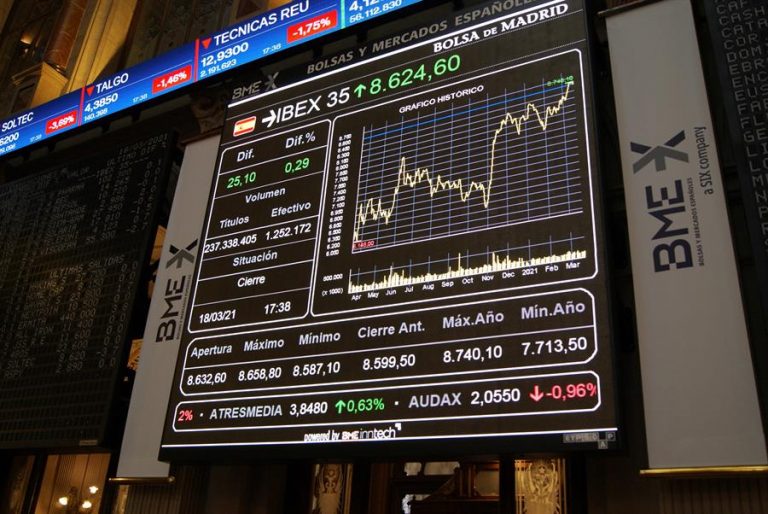This week, Professor José Luis Fernández reflects on the role played by faithful investing in business ethics and how the increase in demand for this type of product can influence decision-making in companies.
José Luis Fernández Fernández holds a PhD in Philosophy and is professor and director of the Iberdrola Chair of Economic and Business Ethics at the Universidad Pontificia Comillas ICADE. His extensive training and teaching experience make him one of the most established voices in the field of business ethics. At Altum Faithful Investing we wanted to ask him about some of the keys to Faithful Investing, a trend that is generating more and more interest among large and small investors and which has become a significant factor in their investment decisions.
What role does Faithful Investing play in business ethics?
Faithful Investing represents a source of inspiration and constitutes a profound motive to drive, guide and give meaning to investment decisions. It provides a solid ethical and religious-spiritual foundation for choosing companies, projects and business models that are aligned with the investor’s values.
How do Environmental, Social, and Governance (ESG) criteria differ from faithful investing?
Those who speak and act from a position of faith are aware of their beliefs and of the values they would like to see promoted. He assumes the moral dimension of his financial decisions with lucidity and proactivity.
On the other hand, the concept of investment according to ESG criteria is ambiguous, confusing, diffuse and biased towards almost exclusively environmental considerations (the E), while the other two letters of the acronym (the S and the G) are diluted to the point of having little meaning.
From an academic point of view and particularly from the Comillas Pontifical University, what do you think can be done to make Faithful Investing known? Is it important to educate students, future leaders, transversally or would it be more beneficial to have a specific degree on the subject?
The mission of the university, in general terms, is to generate and spread knowledge, and to produce educated people, involved citizens, and competent professionals.
If in addition, it is a Catholic institution, it should work toward building an understanding also of the rich tradition of Christian social thought. From an operational point of view it should also help Institutes of Consecrated Life to learn strategies for managing their finances in line with their mission.
The book International Handbook on Ethics in Finance has named Altum Faithful Investing as the benchmark company in faith-consistent investing in 2020. Why was that?
The book had a broad approach to the ethical dimension of finance and financial activity. The audience was global and, in my chapter, I wanted to present what an investment inspired by the principles of the social doctrine of the Church would look like to readers who may not necessarily be Catholics. To illustrate the model, I presented Altum Faithful Investing as a success story.
Is business ethics enough or are Catholic investors calling for something more?
Ethics, defined as “the responsible exercise of freedom in the pursuit of the good” is common to Catholics, to Christians in general, to members of other faiths, to agnostics and even avowed atheists. In this sense, the shared rationality is enriched by the contributions of Catholic social thought in its principles of discernment, its decision-making criteria and its practical guidelines for action.
What is the status of faith-consistent investing? Do you think the increased demand for these criteria will influence the direction of companies and their decision-making?
Investment advisors, asset managers, and those who design strategies configure portfolios, and market financial products, have a very important role to play in this respect. Moreover, there are synergies with other investment initiatives which, in addition to profitability, liquidity and risk, aim to take into account meta-economic objectives. This opens up a fascinating space for financial innovation.




